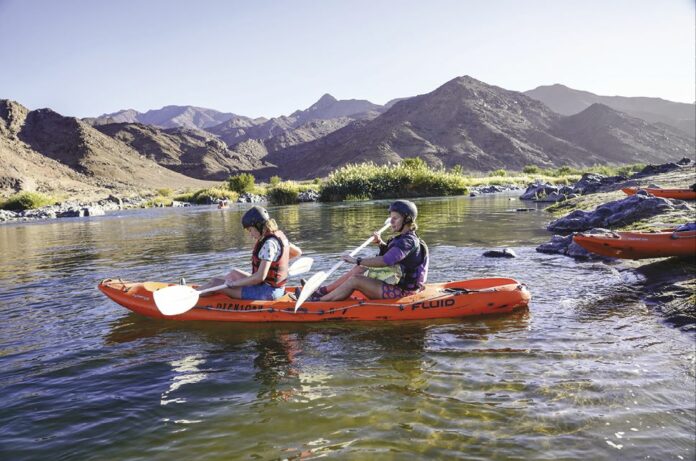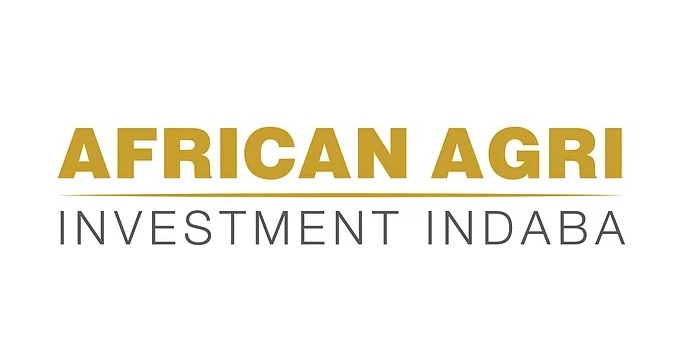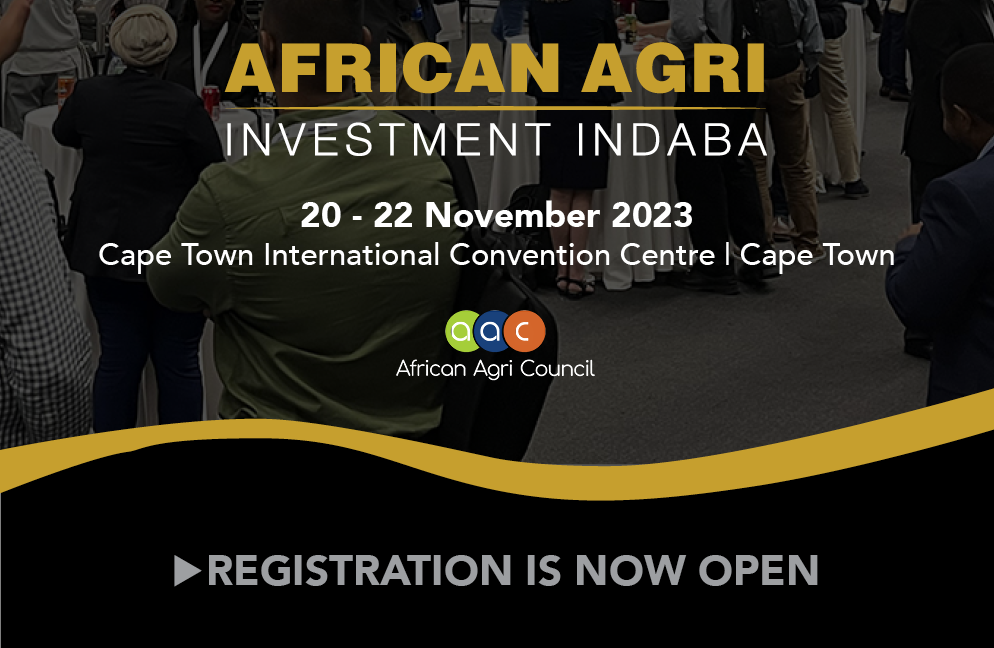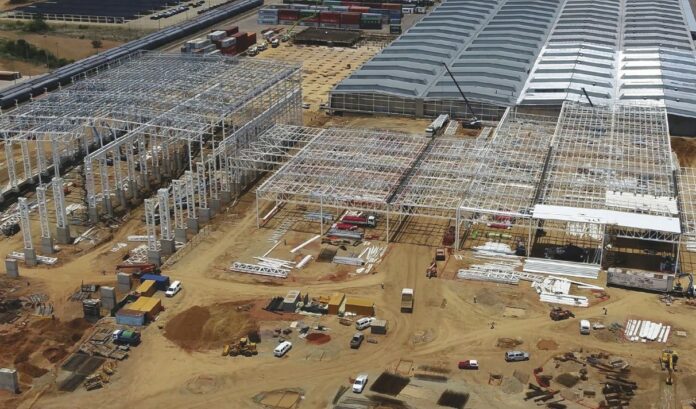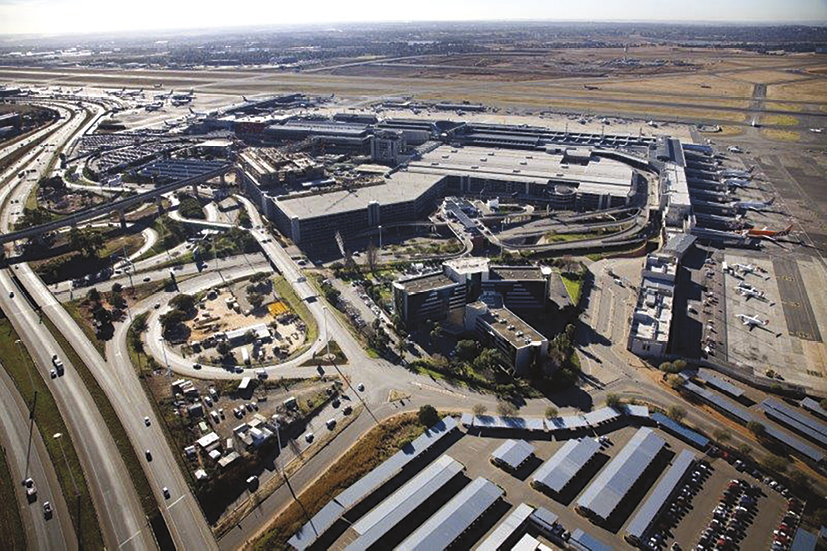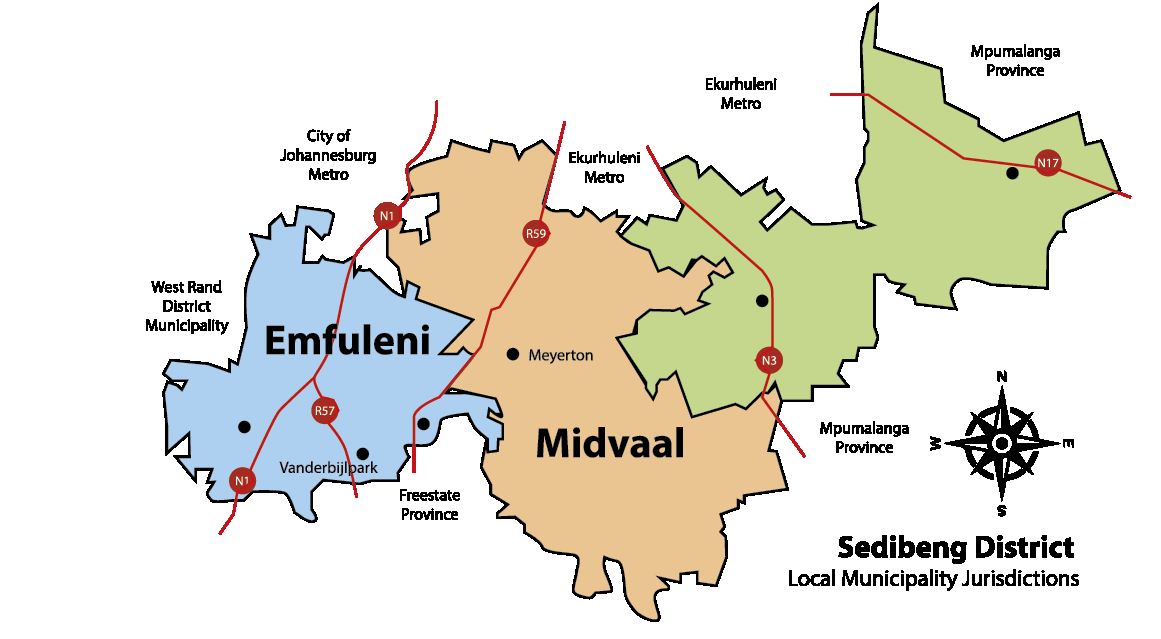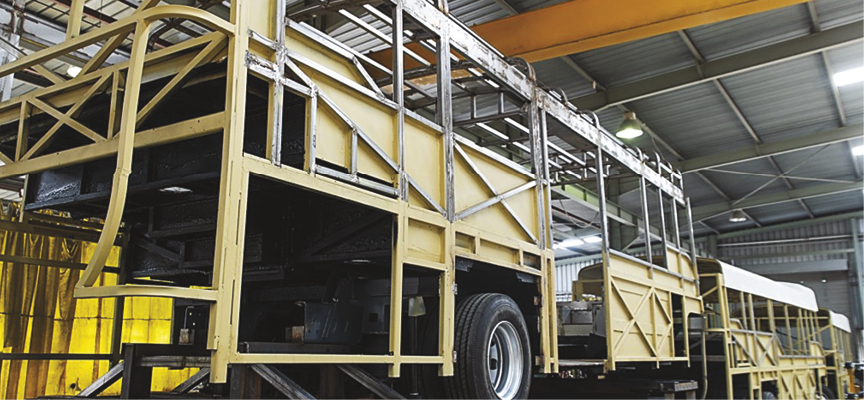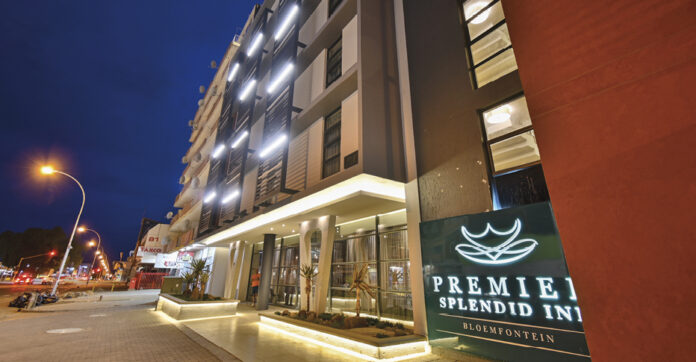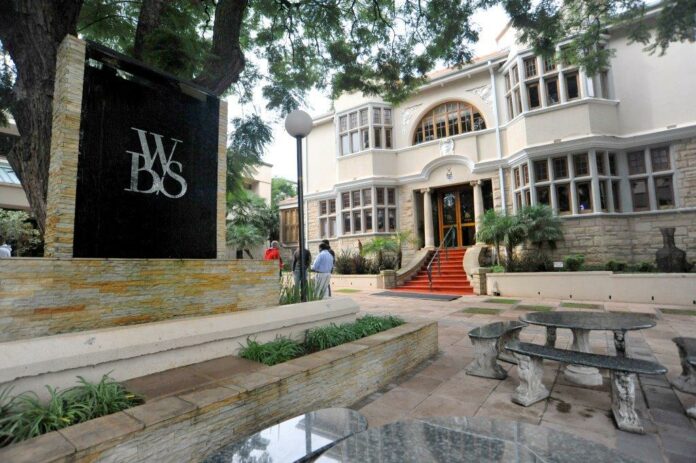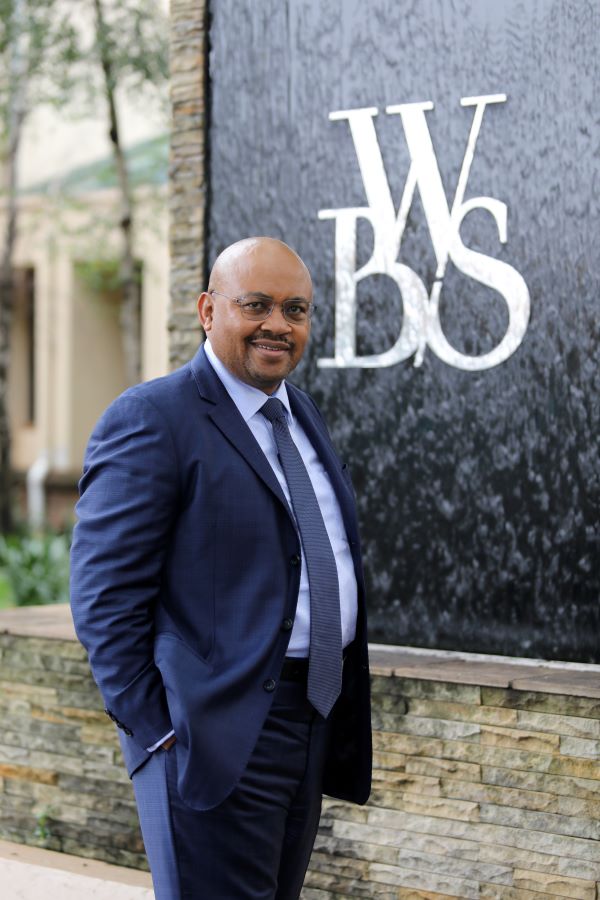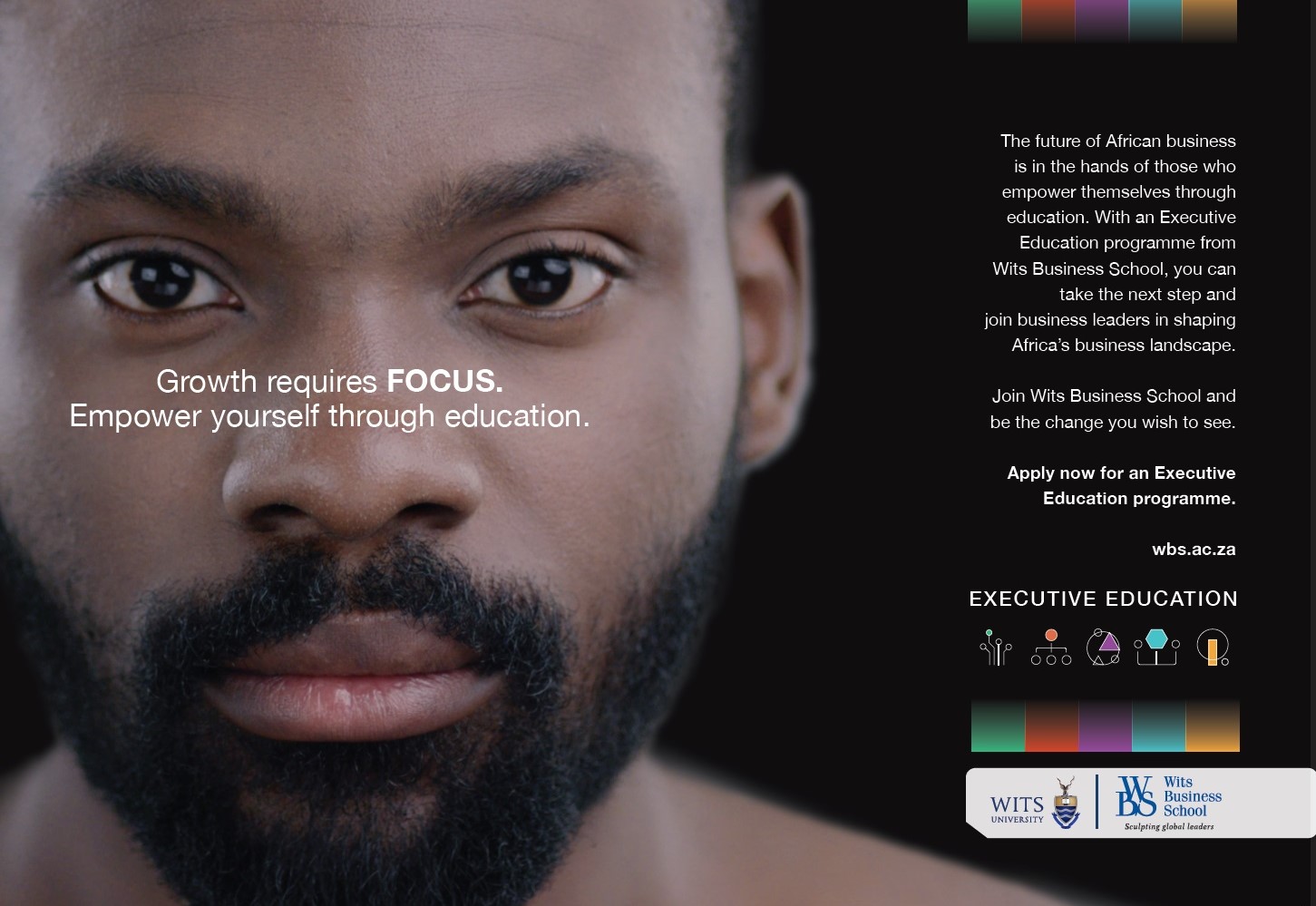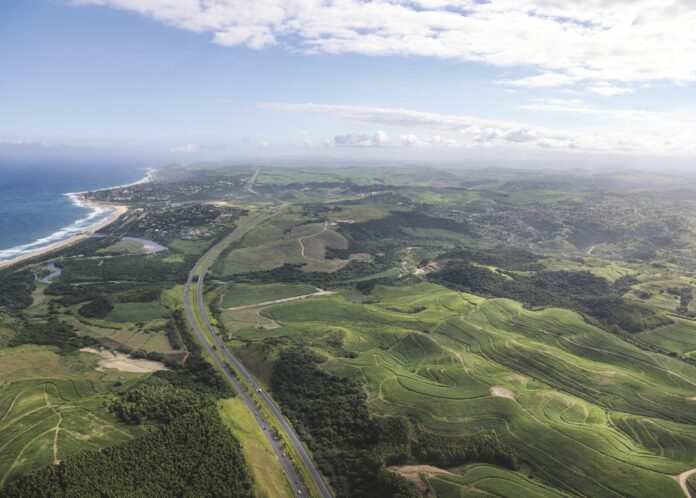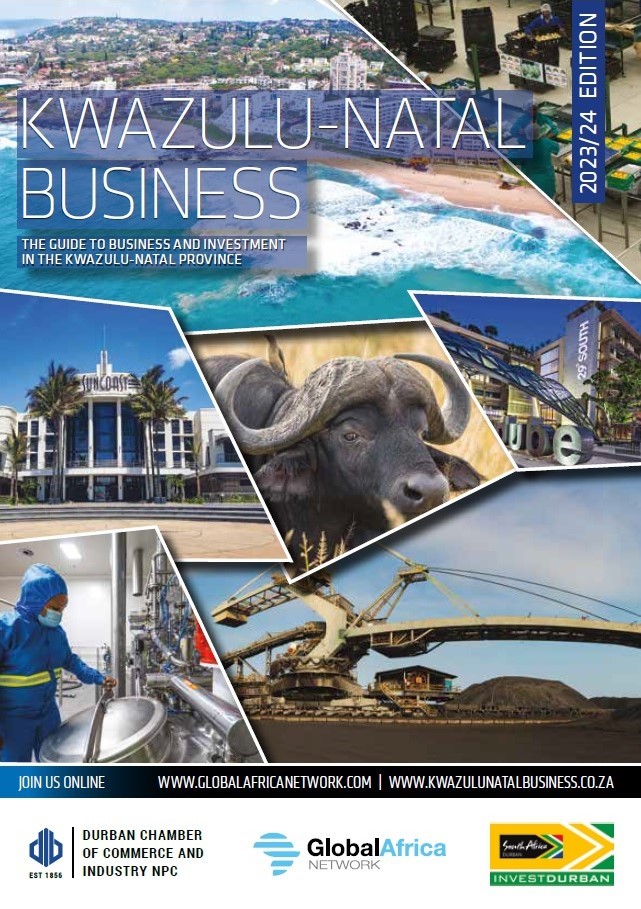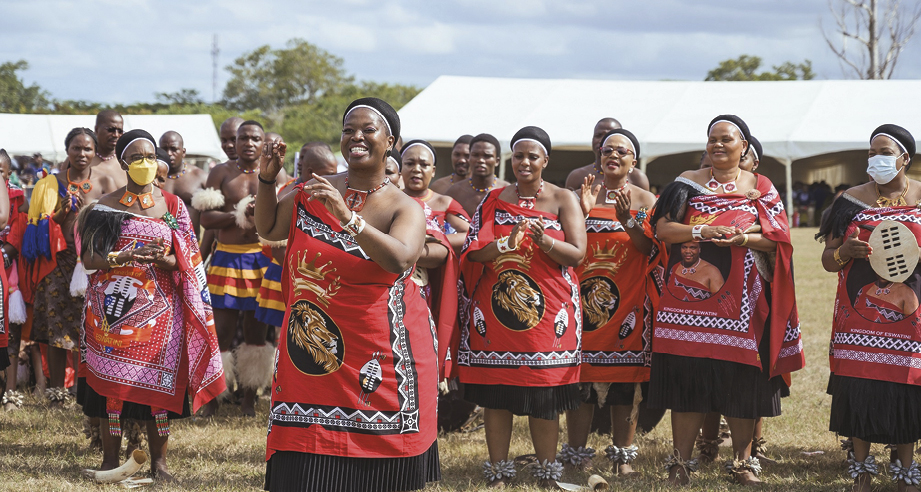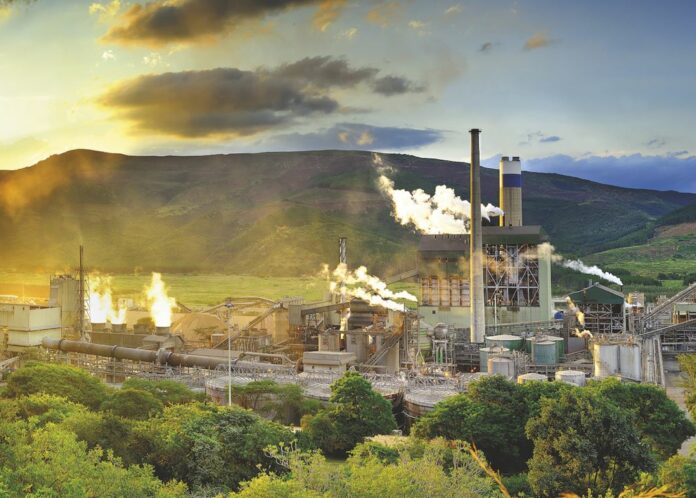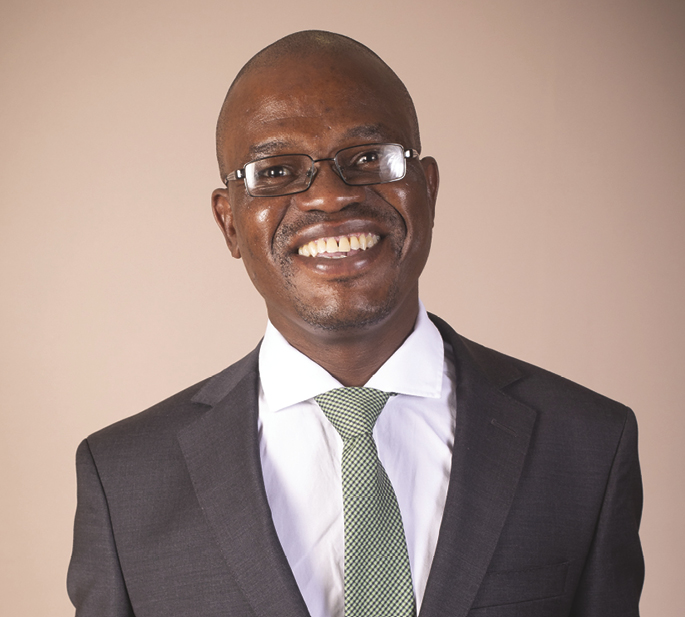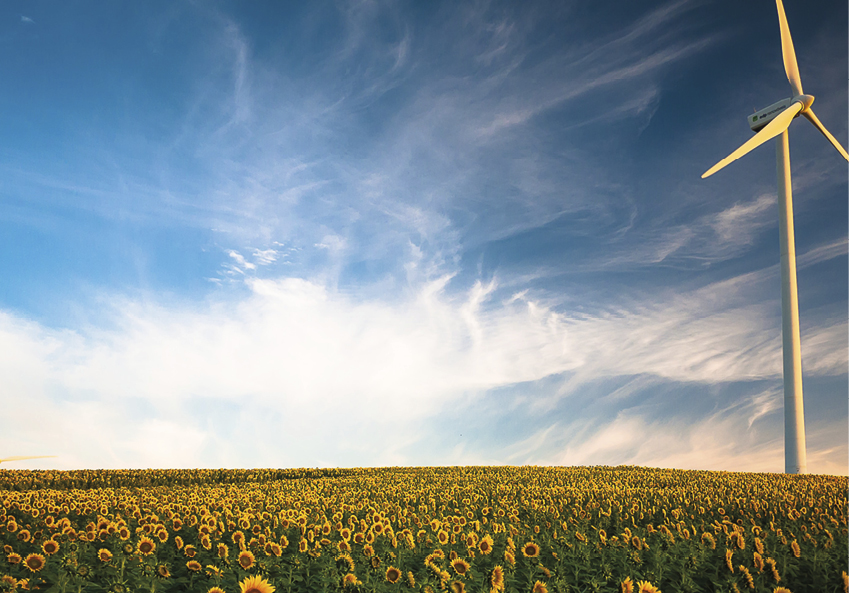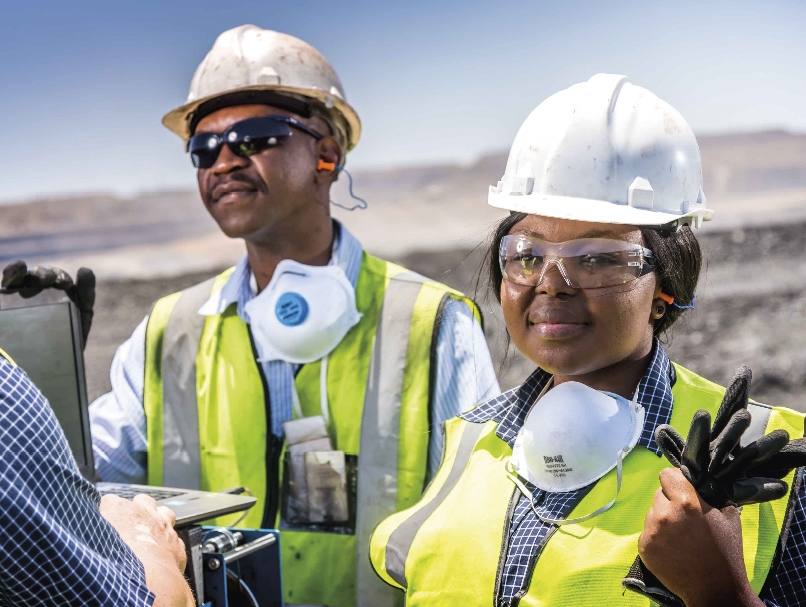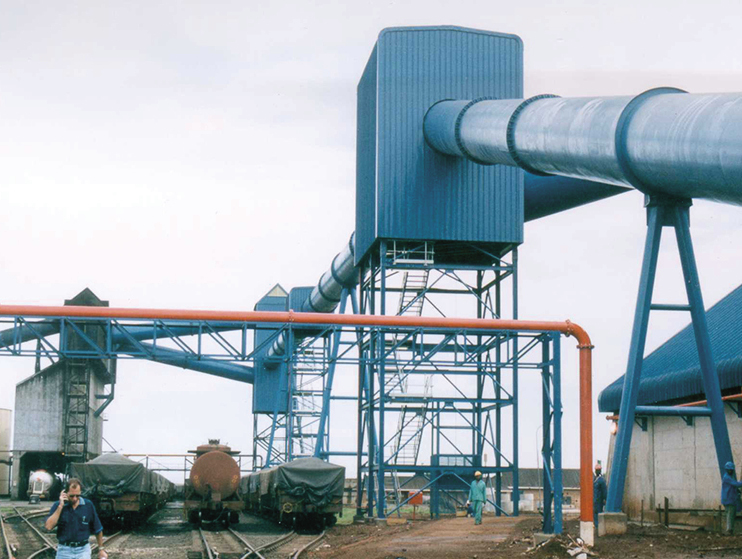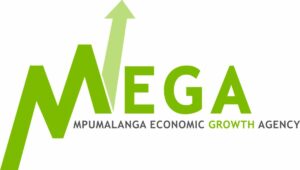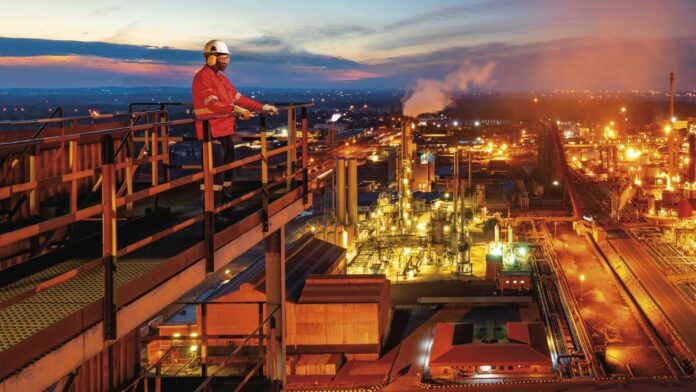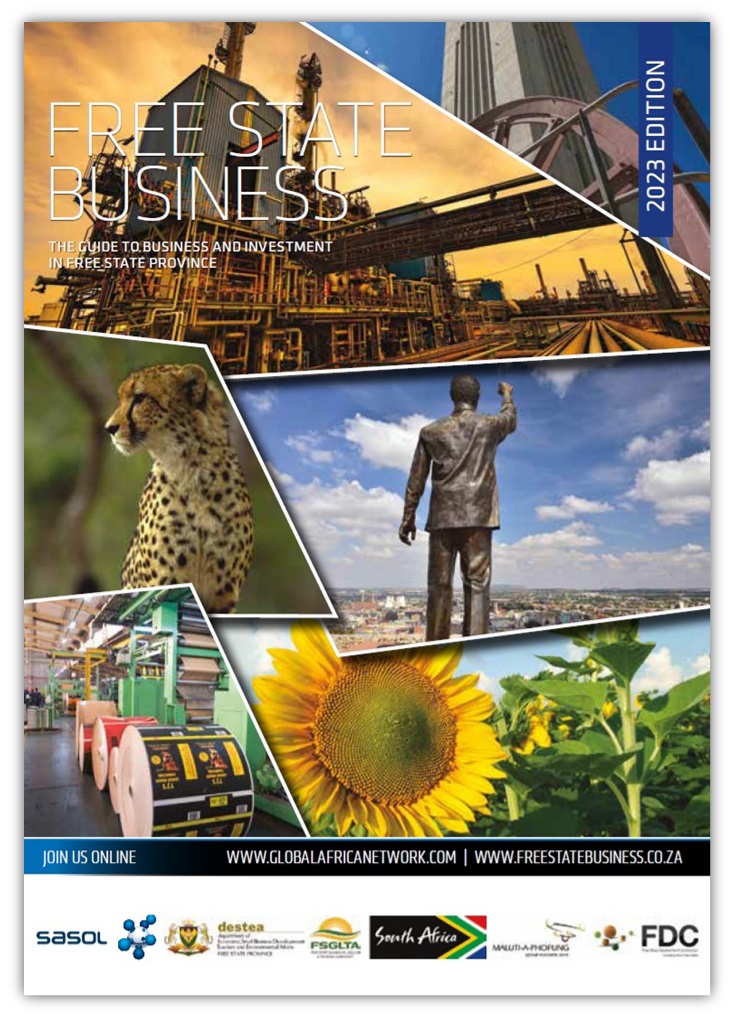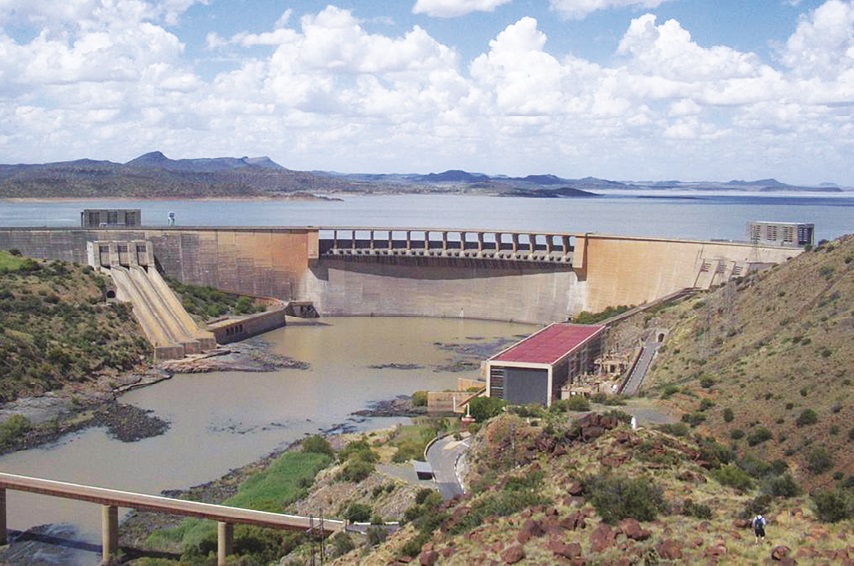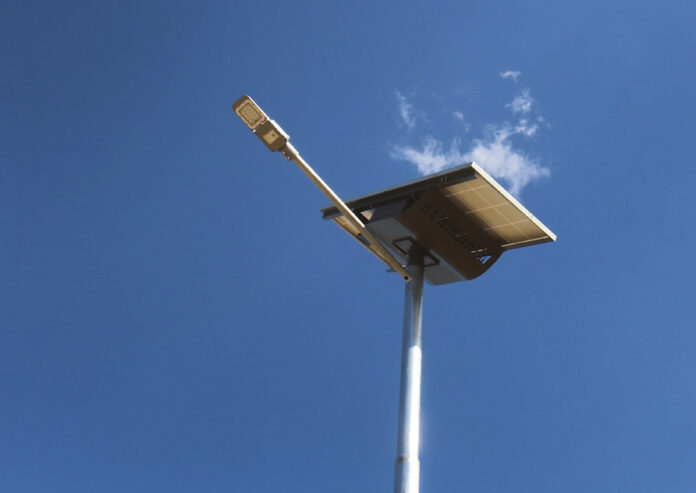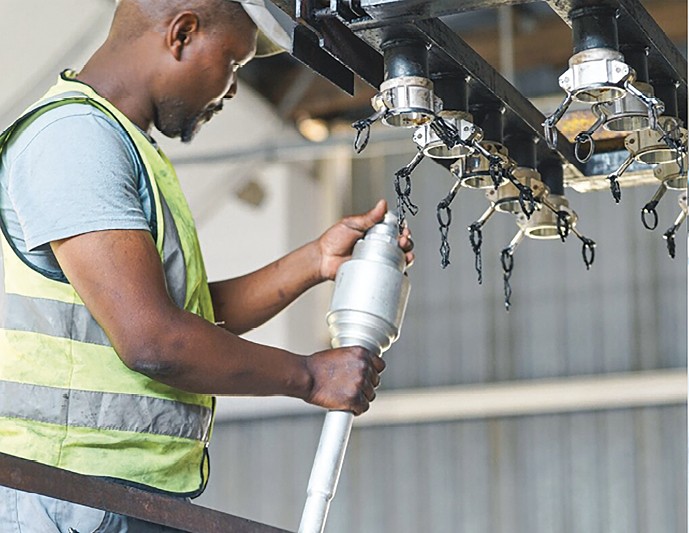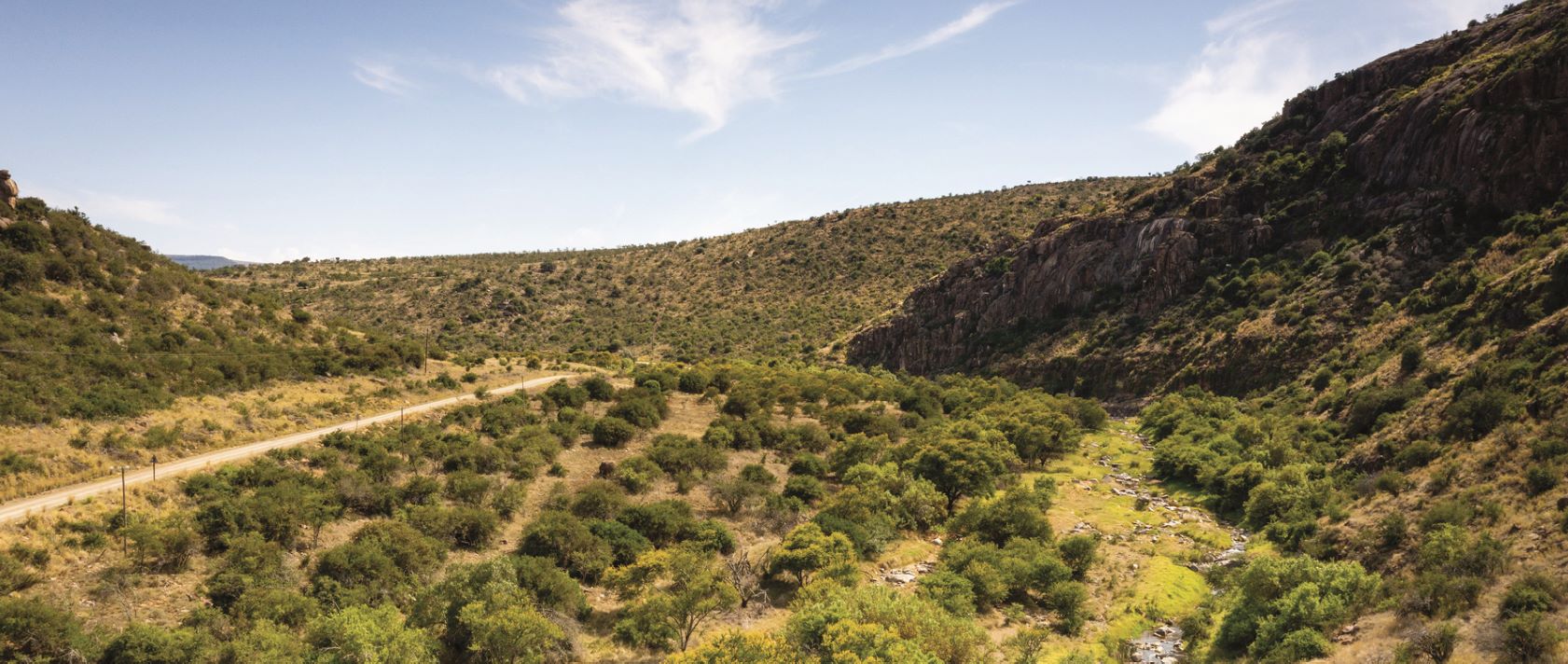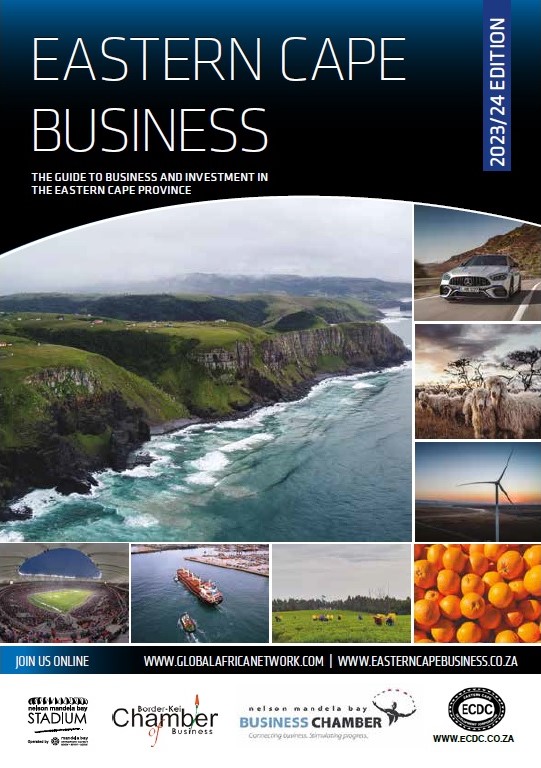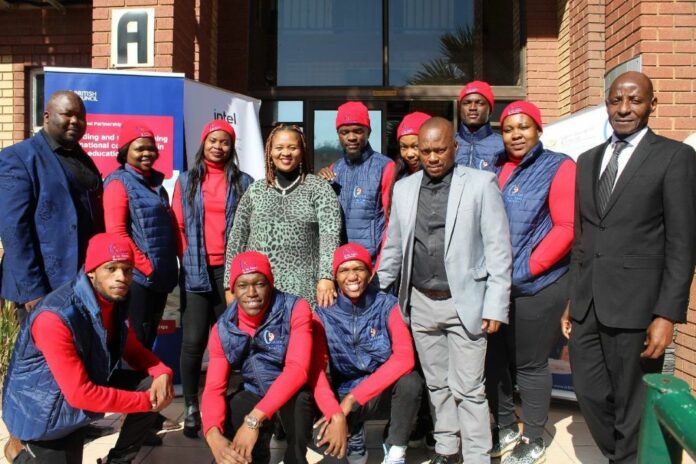Kayak on the Orange River, follow in the footsteps of dinosaurs in Fraserburg. Discover the dark skies sanctuary in Kgalagadi, be enchanted by the sky lore of the Khomani San – or be fascinated by glimmering constellations at Sutherland. This is the Northern Cape where you can experience Real Culture, Real Nature and Real Adventure. Create your own “bucket list” experiences and make family memories to last a lifetime! Visit: www.experiencenortherncape.com
Here are six “must do” reasons to choose the Northern Cape as your family holiday destination:
Rewarding cultural adventures
The distinct cultural groups that make up the Northern Cape are as rich as the country’s history. Unlock the secrets of the African bush in the company of the oldest human inhabitants of the region, the ‡Khomani San near the Kgalagadi Transfrontier Park, our newest World Heritage Site. Swim in the hot pools of Riemvasmaak, discover the ancient wisdom of the Nama of the Richtersveld, a UNESCO World Heritage Site.
Explore living villages, shop at craft markets, indulge in regional authentic cuisine at local eateries and be transported to the world of our ancestors through campfire storytelling and dancing. It’s the best way to experience the heartbeat of the province and to take some of the soul of the Northern Cape with you on your return journey home.
Adventure off the beaten track
For the active, it’s an ideal environment for exploration and adventure. We have an awe-inspiring setting for any enthusiast. Whether you are stargazing in Sutherland, hunting for fossils in the Karoo or searching for San rock art deep in the caves of the Diamond Fields, experiencing the world’s richest floral offering in Namakwa, camping deep in the bush surrounded by wildlife and the famed black-maned lion of the Green Kalahari, or kayaking down the mighty Orange River, the Northern Cape is more than an adventure, it’s an enriching life experience.
Family adventure experiences
The Northern Cape has always been a family-friendly destination. Its mix of culture, adventure, wildlife and wide accommodation choices offers family fun that is both entertaining and educational. The province is home to six national parks and two of the country’s largest rivers, which makes it perfect for fun activities the entire family can enjoy. These include game safaris, bird-watching, dune-surfing, leisure hikes and walks to winery tours, museum visits and archaeological discoveries.

Natural beauty and wildlife adventures
The Northern Cape is arguably South Africa’s most beautiful and naturally real province. Visitors are hard-pressed to choose between our two UNESCO World Heritage Sites, two Transfrontier Parks, the Kgalagadi and the |Ai-|Ais Richtersveld with its red and golden sand dunes or the Augrabies Falls National Park with the mighty Augrabies Falls thundering down an 18km abyss. Not to forget the Mokala National Park near Kimberley and Namaqua and Tankwa Karoo National Parks in the Namakwa region.
Alternatively explore any one the six Provincial Nature Reserves, Goegap, Witsand, Oorlogskloof or one of our many private game and nature reserves. Share the intimate bush knowledge of a Nama or San Bushman guide/tracker. The Northern Cape’s natural beauty is enhanced by its enigmatic wildlife. From the small five to the big five, watching wild animals at close range is something truly unforgettable. There are walking, horseback, 4×4, little five, glamping and many more wildlife experiences to incorporate in your trip.
A floral adventure
Each spring, the dormant and arid winter plains of the Northern Cape’s Namakwa region are transformed into a kaleidoscope of colour with the arrival of the flower season. The wildflowers of the Namakwa are a remarkable natural phenomenon and best discovered on foot, which makes it ultimately appealing to hikers and outdoor enthusiasts. The best time to visit for the floral splendour is from end July to early October.
Explore the Battlefields Route
The Battlefields Route allows visitors to relive the war between Great Britain and the Boer Republics of the Transvaal and the Orange Free State from 1899 to 1902. The Northern Cape played a decisive role in the war with the famous Kimberley siege and you can relive the siege, its victories and the setbacks suffered by both sides at the Magersfontein and McGregor Museums.
Explore the routes of the Northern Cape
Cape Namibia Route
The route meanders away from Cape Town along the N7 and includes small towns, each with its own local flavour and a story to tell. Visitors will encounter towns which capture the Nama heritage of the province. Slow down and appreciate the unique stories of the people of Garies, Kamieskroon, Springbok, Okiep, Steinkopf and Vioolsdrift. During spring time, this route takes visitors into the core of the floral kaleidoscope that is the Namakwa floral season.
Don’t miss: River-rafting along the mighty Orange River.
Namaqua Coastal Route
The route includes hidden gems like Garies, Kamieskroon, Hondeklip Bay, Koiingnaas and Kleinzee. Dozens of adventure and leisure options are available: Namaqua National Park, nature reserves, some of the most remote hiking and 4×4 trails imaginable. Go succulent sleuthing with a botanical guide, hike the Springbok Klipkoppie for a dose of Anglo-Boer War history, explore the countless shipwrecks along the coastline. Breathtaking scenes of the Atlantic Ocean with sightings of dolphins and whales combined with great vistas of mountains and veld with endemic wildlife makes travelling in this area remarkable.
Don’t miss: Slow-packing through the Namaqua National Park in early Spring (September) when the usually dusty plains are transformed into kaleidoscopic flower carpets of colour.
![]()
Richtersveld Route
The Richtersveld is South Africa’s only mountain desert and the route travels along rugged gravel roads to quaint towns such as Eksteensfontein, Sendelingsdrift, Lekkersing, Kuboes and Sandrift. The Orange River presents a more leisurely pace with river-rafting and the best wilderness fly-fishing in South Africa, while the entire Richtersveld is a mountain biker’s dream.
Don’t miss: Learn about the lives of the nomads, be transported through dancing and storytelling.
Quiver Tree Route
Named after the indigenous quiver tree, the Quiver Tree Route stretches along the mighty Orange River. It features the quaint towns of Upington, Kakamas, Keimoes, Augrabies, Marchand, Kanoneiland, Kenhardt and Riemvasmaak. The route will appeal greatly to families, adventure and adrenaline seekers. Experience the hot springs at Riemvasmaak, river-rafting, fly-fishing, kayaking, river cruises, 4×4, hiking and MTB trails and excellent bird-watching. With the longest wine-producing area in the Southern Hemisphere there are many opportunities for world-class wine and brandy tasting along the route.
Don’t miss: A visit to the Augrabies National Park and the world’s sixth-largest waterfall.

Kalahari Red Dune Route
Discover the essence of the province in the heart of the Kalahari. Golden dunes, wide-open skies and flat-topped acacia trees epitomise the Kalahari Red Dune Route. Enjoy dune hikes at dawn, eagle-owl encounters, sand-duning and surfing in the red sand and close encounters with meerkats. Explore the Khomani San Cultural Landscape and join a guided walk with the San Khomani to rediscover the wisdom, customs and folklore of this ancient tribe.
Don’t miss: In the Kgalagadi Transfrontier Park, magnificent oryx hold sway and you can discover the mighty Kalahari male lion. The largest conservation area within Africa, it is also one of only 10 Dark Skies sanctuaries in the world.
Go Ghaap Route
Explore famous archaeological sites, historic towns, amazing architecture and a selection of nature and game reserves. Visitors can trace the early geological history (from three-billion years ago) which created vast mineral wealth like iron, manganese, diamonds and limestone. Follow in the footsteps of the early explorers and missionaries such as David Livingstone, Henry Stanley and Richard Moffat. Relive the Anglo-Tswana and Anglo-Boer Wars, explore the Wonderwerk Caves between Kuruman and Danielskuil. Rediscover the Khoisan history in Wildebeest Kuil near Barkly West.
Don’t miss: Kuruman Eye is a natural spring delivering about 20-million litres of clean, clear water daily.
Karoo Oasis Route
The route traverses the towns of Warrenton, Kimberley, Hopetown, Britstown and Victoria West along the N12. It is the perfect stopover for travellers between Johannesburg and Cape Town. Trace the rich mining history of the region before stopping at one of the myriad national game and nature reserves for game drives and world-class birding. Anglo-Boer War enthusiasts can relive the tribulations of war at the McGregor and Magersfontein Museums and at Hopetown. Beautiful arts and crafts are for sale throughout the route and there are opportunities to meet local artists.
Don’t miss: Hanover has South Africa’s largest privately-owned Karoo nature reserve, the Karoo Gariep Nature Reserve. Olive Schreiner, the author of The Story of an African Farm, lived in Hanover and her house is a museum.
Karoo Highlands Route
Enjoy the peace and tranquillity of the Karoo with its wide-open plains. The area was named by the Khoi and San people, who left their legacy as art on the rocks. Explore many unique experiences such as dinosaur hunting in Richmond, the SKA radio telescopes in Carnarvon, Karoo architecture and corbelled houses, Anglo-Boer War sites, rock art, ancient Palaeo Surfaces, farm stays and great Karoo cuisine and hospitality. This route includes several charming small towns – the heart of the Great Karoo. Nieuwoudtsville is your last stop before crossing the majestic Van Rhyns Pass en route to Cape Town.
Don’t miss: Sutherland is famous for snowy winters, excellent stargazing and dramatic landscapes. It is home to the South African Large Telescope, the largest single optical telescope in the Southern Hemisphere.

Visit https://www.experiencenortherncape.com/



